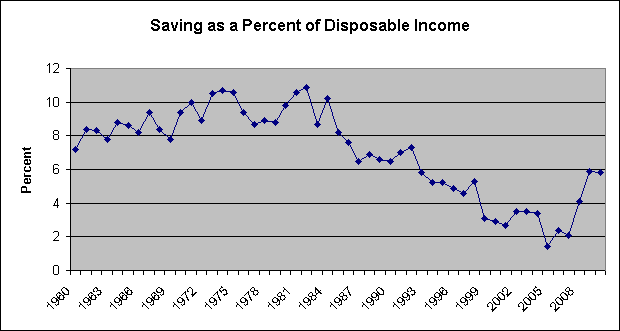October 24, 2011
During the run-up of the housing bubble the Washington Post’s main and often exclusive source in stories on the housing market was David Lereah, the chief economist for the National Association of Realtors and the author of the 2005 bestseller, Why The Real Estate Boom Will Not Bust and How You Can Profit From It. A front page article in today’s newspaper indicates that its understanding of the housing market has not improved much.
Many of the basic facts in the article are wrong. For example, it tells readers that, “a quarter of all homeowners are ‘underwater,'” owing more than their homes are worth. In fact, the correct statement is that a quarter (actually 22.5 percent in the Core Logic piece that is linked to in the piece) of mortgage holders are underwater. Since roughly one-third of all homes do not carry a mortgage, this translates into about 16 percent of all homeowners.
The piece also tells readers that:
“Housing prices remain near a crisis low. Millions of people are deeply indebted, owing more than their properties are worth, and many have lost their homes to foreclosure or are likely to do so. Economists increasingly say that, as a result, Americans are too scared to spend money, depriving the economy of its traditional engine of growth.”
Actually, rather than being near a crisis low, house prices can be better described as still being about 10 percent above their trend level. If the Post has some reason to believe that the fundamentals in the housing market justify this divergence from a 100-year long trend in nationwide house prices it should have discussed it in this article.
Also, consumption continues to be higher than normal relative to disposable income, not lower, as this quote asserts. The saving rate is currently hovering near 5 percent, compared to a post-war pre-bubble average of more than 8 percent. Consumption is down relative to its bubble peaks, but this is easily explained by the loss of close to $7 trillion in housing bubble wealth and $6 trillion in stock market wealth, not being too scared to spend.

Source: Bureau of Economic Analysis.
The article also includes the bizarre and unsourced assertion that:
“Behind the scenes, Geithner had grave concerns that if courts could change the terms of mortgage loans after the fact, banks would be less likely to lend, reducing the availability of credit in the financial system.”
It is certainly possible that Geithner claims that allowing bankruptcy judges to alter mortgages would reduce lending, but the Post has no way of knowing that he actually believed this. As a practical matter, it is difficult to see why it would have much impact on lending, although it would undoubtedly reduce bank profits.







Comments